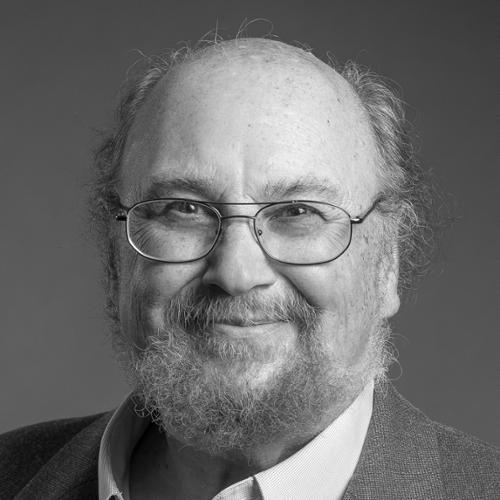My son Joe and I have an op-ed in today’s WSJ that should stir up some controversy.
Opinion Wall Street Journal
The Case for Crony Capitalism
Many government regulations choke off entirely legal avenues of potential bank profits.
By
Paul H. Rubin And
Joseph S. Rubin
July 7, 2014 7:34 p.m. ET
Economics has a formal “theory of the second best” that in simplified terms may be expressed this way: If a government intervention leads to inefficiencies in markets but can’t be eliminated, an additional intervention may be the next-best alternative to eliminate the inefficiencies caused by the first.
It’s not the optimal solution to government-induced inefficiency, but it may be the best we can do. And it applies in many cases to what today is variously called “corporate welfare,” “loopholes,” or even “crony capitalism.”
The U.S. economy is rife with inefficient interventions—laws, regulations, taxes and subsidies that lead to inefficient markets. What some disparage as crony capitalism is in many cases an attempt to reduce the costs of these interventions.
Consider the Export-Import Bank, a federal agency that assists U.S. firms in financing international transactions. A first-best efficient policy would be to eliminate the agency, on grounds that if private banks will not finance a transaction, then the transaction is not worthwhile. The government shouldn’t become the financier of otherwise unprofitable transactions.
Yet that’s not the whole story. The Foreign Corrupt Practices Act, for example, makes it illegal for U.S. businesses to pay bribes to foreign officials. But it is not always so easy to determine what is illegal, and companies may be penalized for normal business practices. It is certainly not cheap to comply. The Ex-Im Bank website says that “to avoid such consequences [of the FCPA], many firms have implemented detailed compliance programs intended to prevent and to detect any improper payments by employees and by third-party agents.”
This adds to the costs of U.S. firms doing business abroad, lowering the amount of legitimate trade. Maybe the Ex-Im Bank is a reasonable, second-best response. One government subsidy may be necessary to help overcome other inefficiencies imposed by the government to begin with.
The banking bailout is another purported example of cronyism and corporate welfare. The poor lending practices of banks were undoubtedly part of the cause of the Great Recession. But banks, as well as government-sponsored enterprises such as Fannie Mae FNMA +0.50% and Freddie Mac, FMCC +0.51% were under tremendous pressure to make loans to unqualified borrowers.
Many other government regulations choke off entirely legal avenues of potential profit for banks by limiting with whom and under what circumstances they may do business. Examples include the financing of online and payday lenders, and firms that process payments for these lenders. If regulations cause banks to take excessive risks and limit profits, it may be efficient to provide some protection from these risks when things go bad, particularly if the damage is in large part caused by government policies.
Some claim that Medicare Part D, which pays for drugs, was a giveaway to the pharmaceutical industry. But 40 years of research has clearly shown that the Food and Drug Administration’s regulatory process makes drug development and approval unnecessarily and inefficiently expensive. Perhaps, in this environment, supplementing the costs of drugs may move us toward a more efficient drug policy, and bring more life-saving drugs to market.
Corporate taxes are too high, retarding investment. But when cutting rates is impossible, maybe tax breaks that encourage investment of various sorts is the second-best response. Environmental Protection Agency regulations are costly and inefficient. In some cases waivers or exceptions are less a payoff to cronies than a way to counter inefficient restrictions.
A second-best world is messy, and there may be better ways to overcome government-induced inefficiency. Yet sometimes what appear to be special favors may actually be moves in the direction of efficiency.
Of course, some examples of crony capitalism are worthy of the term, and the scorn that goes with it. For example, the various farm price-support programs, including sugar quotas and the ethanol program, which raise food prices world-wide and increase poverty, would be very difficult to justify under any second-best theory.
Nonetheless, as long as there is a push for more regulation, and particularly inefficient regulation, with little opportunity to rein in the already severe drag that these regulations impose on the economy, second-best solutions may be useful to temper some of their costs.
Paul H. Rubin is an economics professor at Emory University. His son, Joseph S. Rubin, is an attorney at Arnall Golden Gregory LLP in Washington, D.C.




